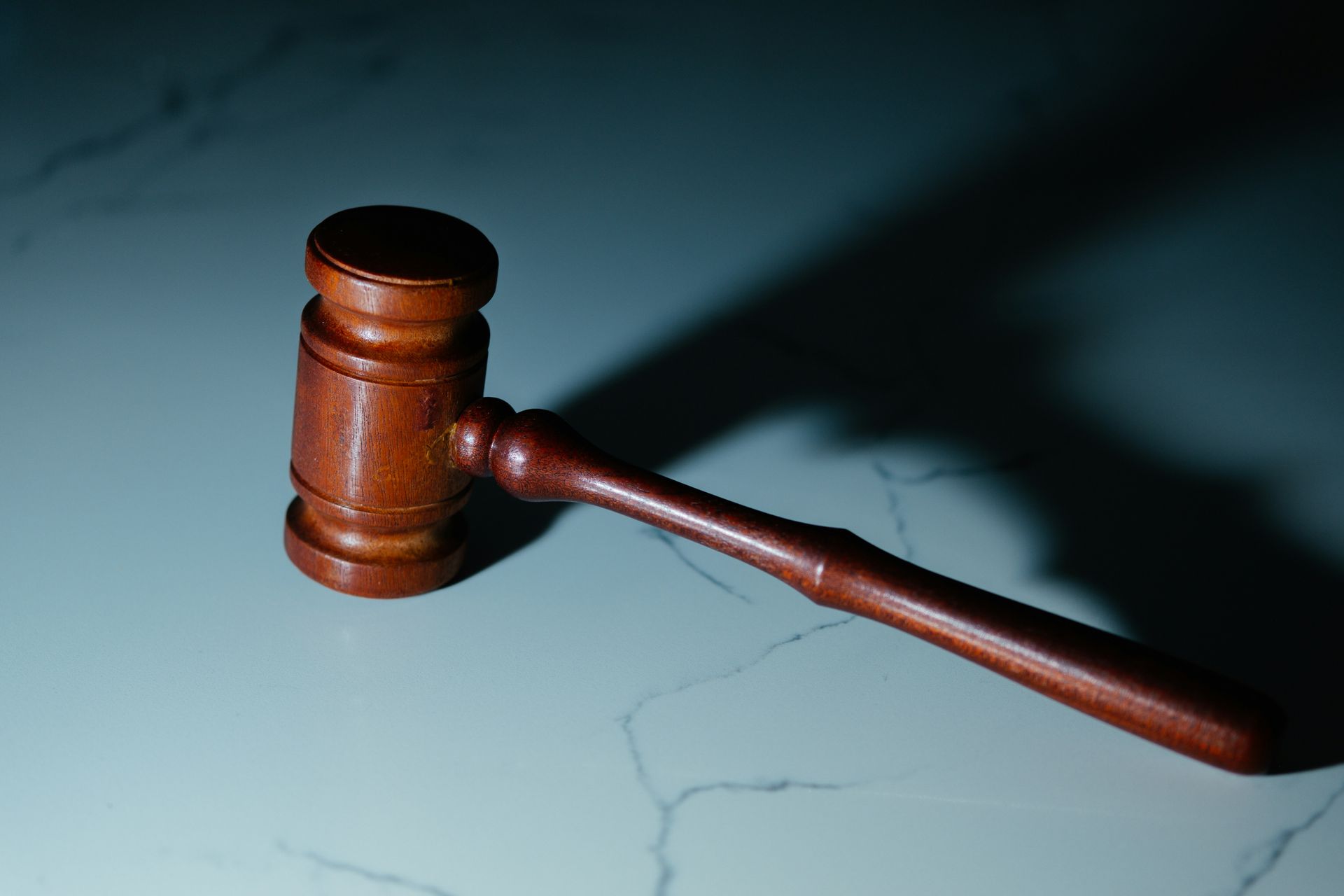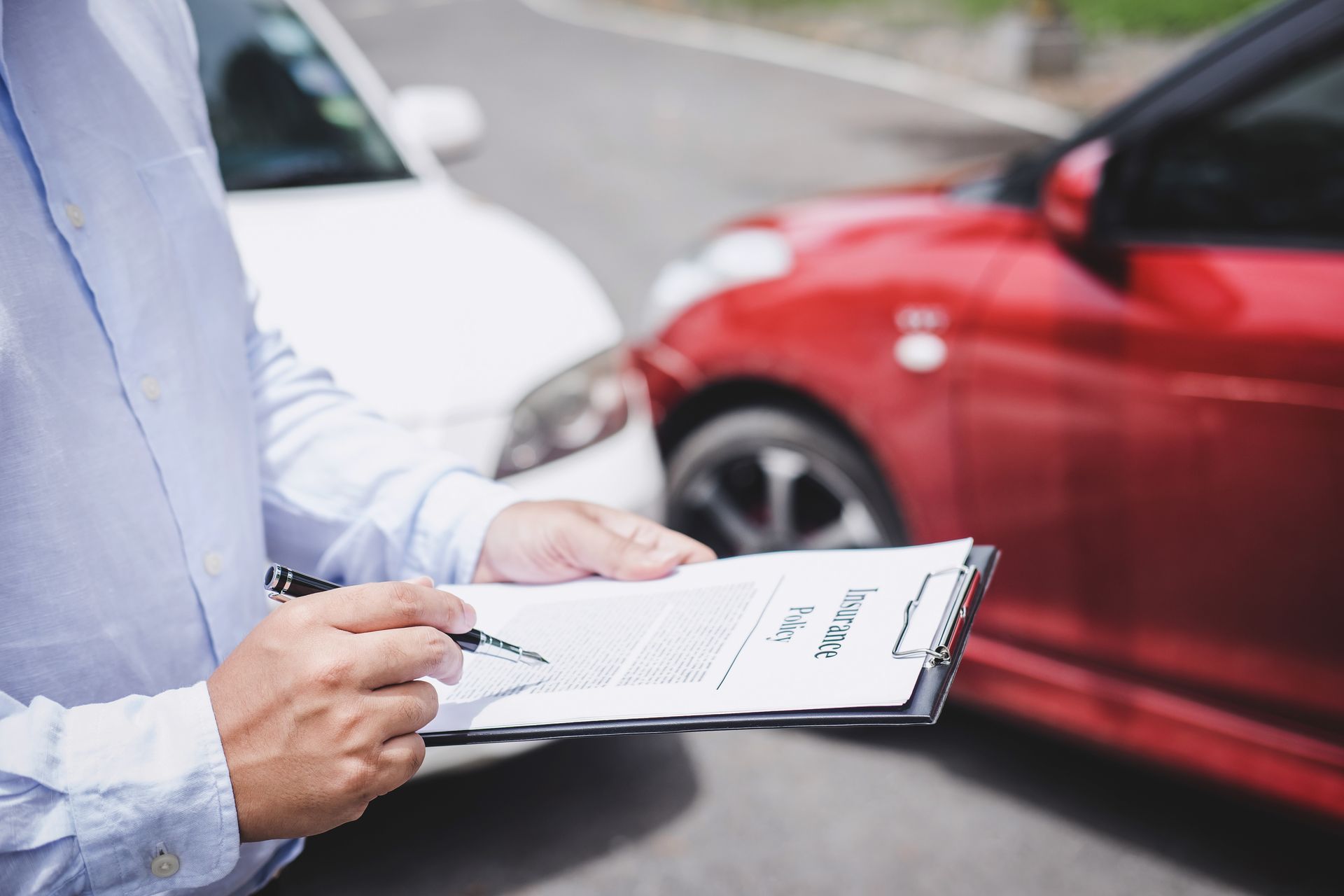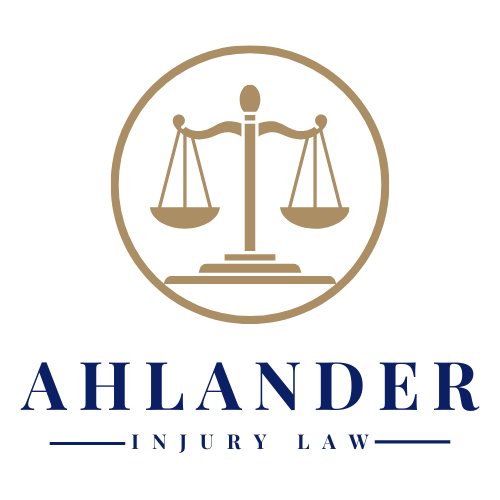Guide to Navigating Personal Injury Claims
When you're hurt because someone else didn't take care, the steps you take afterward can be crucial. From the minute the incident happens to the potential courtroom dates, we’ll walk you through the process so you can feel confident in handling the situation and seeking the compensation you deserve.
Understanding Personal Injury: A Primer
In the eyes of the law, a 'personal injury' is harm that comes to an individual due to someone else's negligence or intentional act. This legal notion forms the cornerstone of countless claims every year—the isolation of those riled in the hustle and bustle of Las Vegas, Nevada. Seeking reparations, victims turn to the courts for compensation for their physical, emotional, and financial suffering.
Common cases range from vehicular mishaps, such as auto and motorcycle accidents, to work-related injuries, often seen in workers' compensation claims. Yet, they all orbit the critical concept of negligence—a failure to exercise appropriate care—which, if proven, establishes liability. This necessitates a firm understanding of one’s rights and the responsibilities of others.
The Immediate Aftermath: Immediate Steps Post-Injury
When an injury occurs, securing medical help is paramount—not only for health reasons but also for legal validations. A thorough medical record becomes an evidentiary pillar, underscoring the extent and impact of your injuries.
At the scene, if able, documenting the environment with photographs and gathering testimonials from witnesses lays the groundwork. This swift action can be critical in building a successful claim. Notably, certain injuries necessitate prompt reporting to officials or insurance providers to ensure the validation of the claim, often within specific timeframes especially true within the bustling confines of Las Vegas.
Seeking Legal Guidance: Choosing the Right Representative
Finding a personal injury attorney in Las Vegas means weighing experience, reputation, and personal comfort level. The ideal representative will not only understand the local landscape of laws but also empathize with your situation.
Personal Injury lawyers shoulder the burden of the legal process, aiming to secure the compensation their clients deserve. During the initial consultation, which is customarily free, expect a candid assessment of your case. This meeting is the time to share all relevant details of your ordeal, as the attorney outlines possible legal avenues and informs you about probable outcomes and timelines.
For residents of Las Vegas and its environs grappling with the aftermath of an injury, understanding the legal journey ahead is crucial. It ensures that from those crucial first steps following an accident to selecting the right champion for your cause, you are moving forward on the path to rightful compensation.
Building Your Case: Investigation and Evidence Collection
Mounting a robust personal injury case begins with meticulous evidence collection. This starts with obtaining photographs of the incident site, interviews with eyewitnesses, and the compilation of medical evaluations. These materials form a critical foundation that supports the narrative of negligence and injury.
Medical records, possibly coupled with testimony from medical experts, establish the severity of the injury and its impact on the victim's life. It’s pivotal in Las Vegas’s courts, as elsewhere, to provide tangible proof of damages suffered. Insurance companies often play a significant part in the evidence-gathering and assessment process. Their reports and evaluations can tremendously affect the outcome of a case.
Filing the Claim: Navigating the Legal Terrain
Filing a personal injury claim entails a methodological approach beginning with the accurate compilation of necessary forms and documents. This step is critical in laying the foundation for your claim. Equally important is adherence to the statute of limitations, which dictates the time frame within which a lawsuit must be filed. In Nevada, failing to file within this period typically results in a loss of rights to compensation.
Among the pitfalls to avoid during this phase is minimizing contact with insurance adjusters and not signing any documents or making recorded statements without legal guidance. These missteps can inadvertently weaken a claim.
Negotiation: The Path to Settlement
Negotiating a favorable settlement requires a blend of strategy and understanding of the case's worth. Leveraging the collected evidence and legal precedents, attorneys work to negotiate terms that best serve their client's interests. Alternative dispute resolutions such as mediation can facilitate mutually agreeable outcomes without a trial.
Accepting a settlement offer necessitates careful consideration. It’s a binding decision that often means relinquishing rights to any future claims related to the injury. Therefore, assessing the offer against the full spectrum of current and future damages is crucial.
Trial Preparation: Stepping into the Courtroom
When a settlement cannot be reached, a trial may ensue. Preparation involves familiarizing oneself with the process, from jury selection to the presentation of evidence and witnesses. Understandably, stepping into a courtroom can be daunting, but knowing what to expect can alleviate some of the anxiety associated with trial proceedings.
The trial is a structured process with distinct phases, each critical to the case's outcome. A well-prepared claimant, supported by a competent attorney, can navigate these stages with greater tranquility and focus on their testimony.
Post-Trial Reflections: Understanding Judgments and Appeals
The conclusion of a trial can bring a range of outcomes. A judgment may award compensation or dismiss the claim. If compensation is not forthcoming, an appeal may be possible. This is a new phase of legal challenge that can be discussed with your attorney.
Winning a judgment can bring financial relief but also emotional closure, allowing one to move forward. Conversely, the denial of a claim may lead to an
appeal, introducing another layer of decision-making about pursuing further legal action.
Ultimately, for Las Vegas residents navigating the complex pathways of personal injury law, an understanding of each phase, from evidence collection to potential appeals, is invaluable. It enables informed decisions and facilitates a journey towards just compensation with clarity and determination.
If you're in Las Vegas and seeking guidance after a personal injury, Ahlander Injury Law is prepared to guide you every step of the way. Contact us today to start your path to recovery.





